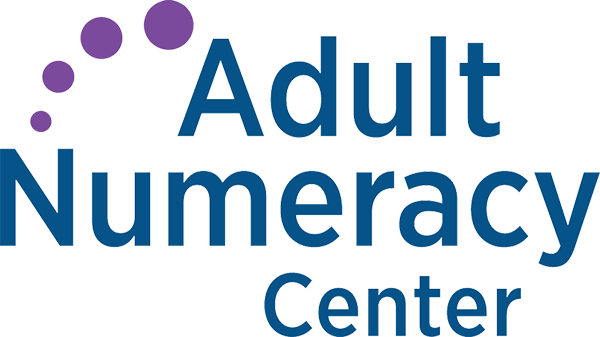Bedtime Math Helps Kids (and maybe adults, too!)
by Martha Merson
Do you read to your kids or grandkids at bedtime? If so, you may be interested in a fun new twist that some families have incorporated into their nightly routines — one that may have academic benefits.
At least two studies have found that kids whose parents engaged them in math-related story and puzzle activities performed better on tests. Both studies focused on families using Bedtime Math (www.bedtimemath.org) resources. Bedtime Math, a New Jersey nonprofit organization, offers free kits for starting math clubs for kids, as well as daily math puzzles within a story context via its website and tablet app. The math stories deal with all sorts of themes and topics, ranging from snowmobiles, to chocolate, to eight-legged animals, and feature kid-pleasing sound effects. Stories are brief and are leveled for children of different ages.
In an initial 2011 study conducted by Bedtime Math itself, children participating in a New Jersey Boys and Girls Club six-week summer program did one of their math problems daily. The kids were tested before and after the six-week program. The study found that most of them didn’t exhibit the typical “summer slide” in their math scores (kids usually slide back about two or three months in their math scores after the summer off from school). Rather, 72% of the kids in the program did better.
This study was followed by a larger, formal 2015 study by the University of Chicago**, in which 587 Chicago metro area first graders in both public and private schools and their parents used Bedtime Math over the course of one school year. This study found that “doing math at bedtime had a significant effect: Children who used the app two or more times per week outpaced peers whose family rarely used it.” One of the study’s authors, Dr. Sian Beilock, commented, “It’s like they’ve had 3 months more of math instruction.”
The study, originally published in the journal Science, suggests that children who used the app with their parent(s) may have experienced growth in math skills partially because of the influence the app had on their parents’ feelings about math. Prior research indicates that a children’s feelings toward math are colored by their parents’ own view. If a parent has negative feelings about doing math, the child may feel likewise. There is evidence from this study that through regular Bedtime Math activities, many parents became less anxious about math over time. The researchers hypothesize that this is why the greatest math gains were observed in students whose parents described themselves as math-phobic at the start of the study but who used the app at least once a week. As parents became more comfortable with math, so did their kids. Families that were already comfortable with math had to use the app at least twice a week to see a similar academic benefit.
Researchers admit that they don’t know for sure the why behind the positive effect on kids’ math skills. Is there increased engagement by kids due to the game-like novelty of math apps? Is it the increase in general positive feelings towards math at home? Or maybe math is better received in a story context? The answer is still unclear, but the research may have some interesting implications for adult learners. Might parents who are enrolled in adult education classes experience math gains themselves if they spend time doing math activities with their children? Or will such interventions only help students at a certain age or level? Certainly, there is evidence that incorporating more math into family time has positive consequences for both parents and children.
So before you kiss your kids goodnight and wish them sweet dreams, you just might want to do some math!
**To read more about the University of Chicago study, including a graph comparing results for different groups, please see:
http://news.sciencemag.org/brain-behavior/2015/10/bedtime-problems-boost-kids-math-performance and http://blogs.edweek.org/edweek/curriculum/2015/10/students_with_math-anxious_parents_may_benefit_from_free_app.html
==============================================================
Martha Merson has worked in adult basic education since 1988. She is currently the project director of the NSF-funded iSWOOP project. She was also the PI and project director of the Statistics for Action project. She is one of the co-authors of the EMPower materials has also contributed to the development of Mixing in Math (activities and training resources for afterschool leaders and librarians serving elementary school aged children). Prior to her time at TERC, Merson taught all levels of adult basic education learners and trained volunteers for the Center for Literacy in Philadelphia and then provided staff development on math, social studies, science and writing through the Adult Literacy Resource Institute in Boston.

